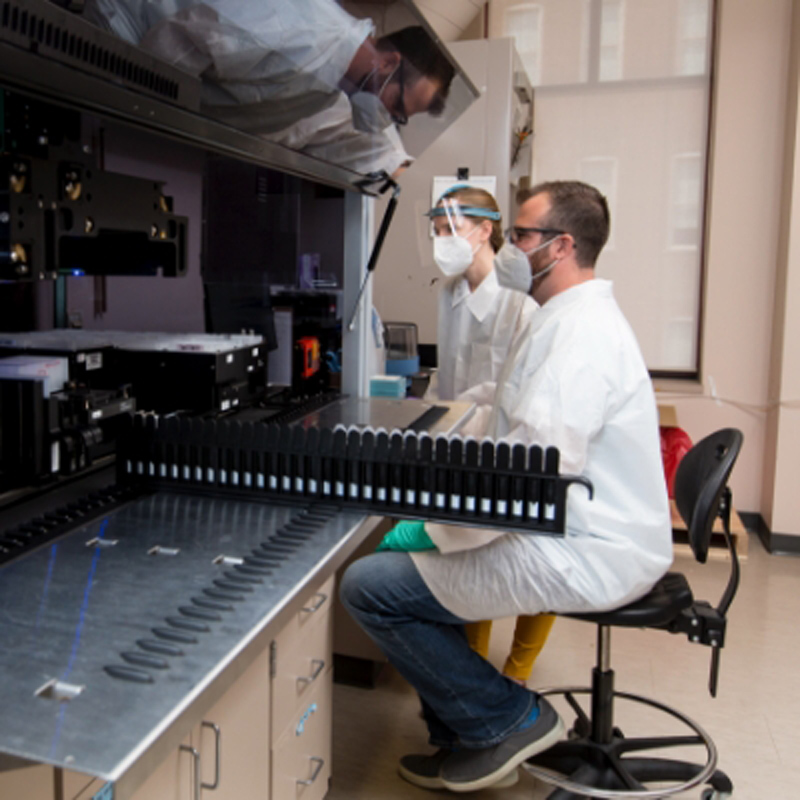Amyotrophic lateral sclerosis (ALS), also known as Lou Gehrig’s disease, is a progressive neurodegenerative disorder that affects nerve cells in the brain and spinal cord. It leads to muscle weakness, loss of mobility, and difficulty in speaking, swallowing, and breathing. ALS is a challenging disease to diagnose, often requiring multiple tests and months of observation before a confirmed diagnosis. However, recent advancements in medical research suggest that a simple blood test could help diagnose ALS more efficiently and track its progression over time.
Challenges in Diagnosing ALS
Currently, there is no single test that can definitively diagnose ALS. Instead, doctors rely on a combination of clinical assessments, electromyography (EMG), nerve conduction studies, MRI scans, and spinal fluid analysis. Because ALS symptoms can mimic other neurological disorders, misdiagnosis is common, leading to delays in treatment and management.
A blood test that can provide a quicker and more reliable diagnosis would be a significant breakthrough. Early detection is crucial because it allows patients to begin treatments that may slow disease progression and improve quality of life.

How a Blood Test Can Detect ALS
Researchers have been investigating biomarkers—biological indicators found in the blood—that could serve as a diagnostic tool for ALS. Some of the most promising biomarkers include:
- Neurofilament Light Chain (NfL) – This protein is released when nerve cells are damaged. Elevated levels of NfL in the blood or cerebrospinal fluid are strongly associated with ALS and can help differentiate it from other neurological conditions.
- Phosphorylated Neurofilament Heavy Chain (pNfH) – Another marker of nerve degeneration, pNfH levels are often significantly higher in ALS patients.
- TDP-43 Protein Fragments – Abnormal accumulation of TDP-43 protein is a hallmark of ALS. Detecting these fragments in blood samples could provide additional diagnostic insights.
- Inflammatory Markers – Some studies suggest that certain inflammatory proteins in the blood, such as cytokines and chemokines, may be altered in ALS patients.
By measuring these biomarkers, doctors could potentially diagnose ALS much earlier than current methods allow.
Tracking Disease Progression with Blood Tests
In addition to diagnosis, blood tests may also help monitor the progression of ALS. Because biomarkers like NfL increase as nerve damage worsens, tracking their levels over time could give doctors a clearer picture of how quickly the disease is advancing.
This could be particularly useful for:
- Personalizing treatment plans – Doctors could adjust therapies based on how rapidly the disease is progressing in an individual patient.
- Evaluating drug effectiveness – Clinical trials for new ALS treatments often struggle to measure success quickly. A blood test could provide a faster way to assess whether a new drug is slowing nerve damage.
- Predicting disease outcomes – Researchers believe that certain biomarker patterns may help predict how severe ALS will become and how long a patient may remain functional.

Implications for ALS Treatment and Research
The development of a reliable blood test for ALS would mark a significant advancement in the field of neurodegenerative disease research. It could lead to:
- Earlier interventions – Patients could start treatments sooner, potentially slowing disease progression.
- Reduced diagnostic uncertainty – Many patients experience months or years of uncertainty before receiving a diagnosis. A blood test could shorten this stressful period.
- Improved clinical trials – With a better way to measure disease progression, new ALS treatments could be tested more efficiently, speeding up the process of drug development.
Future Outlook
While blood tests for ALS are not yet widely available, ongoing research continues to refine these methods. Some tests, such as those measuring neurofilament proteins, are already being used in clinical trials and could soon become part of routine diagnostic procedures.
Ultimately, the ability to diagnose and track ALS through a simple blood test could revolutionize how the disease is managed, offering hope to patients and their families.







